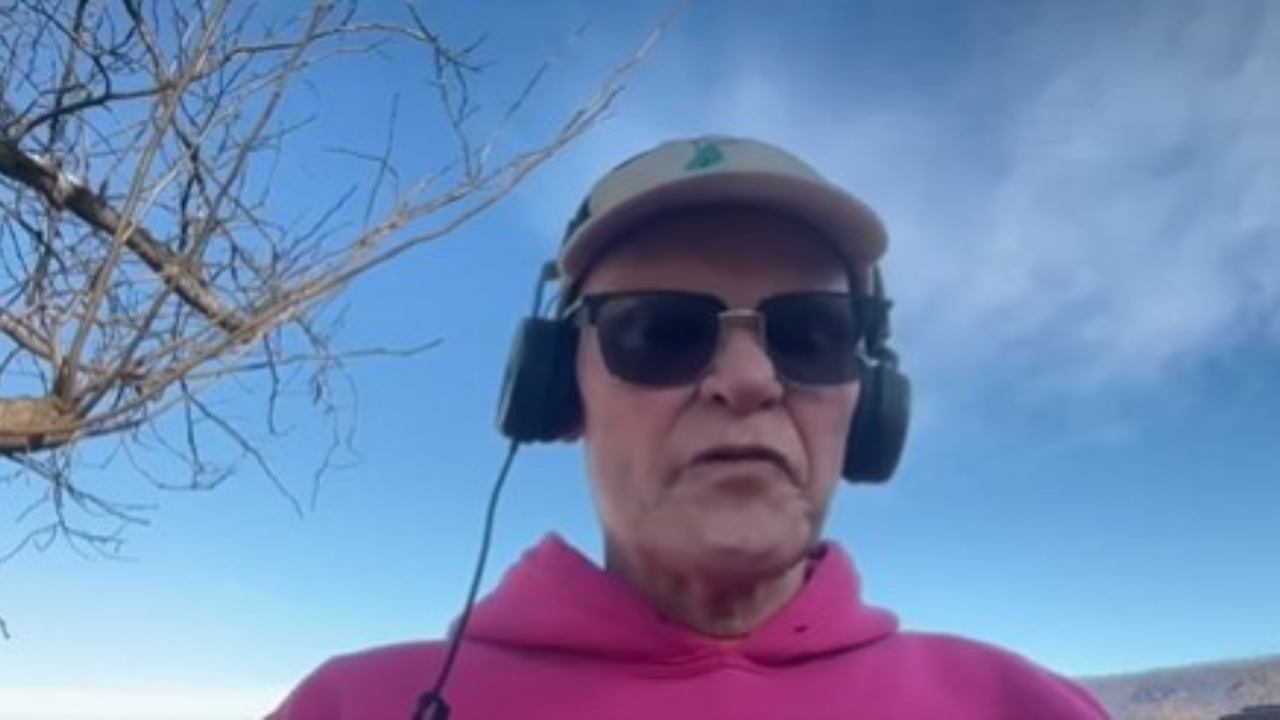ARTICLE AD BOX
AN ISLAND once known for being an A-list hotspot turned into the “Pompeii of the Caribbean” within minutes following a devastating explosion.
Montserrat is only around ten miles long and seven miles wide but a huge exclusion zone has separated the majority of the island for the last 14 years.
 Getty
Getty Reuters
Reuters Reuters
Reuters The tiny UK Overseas Territory is one of a number of small Caribbean islands
The tiny UK Overseas Territory is one of a number of small Caribbean islandsNicknamed “The Emerald Isle of the Caribbean”, this British Overseas Territory is one of the most dangerous places in the Caribbean.
That’s because lying in the south of the island is an active, complex stratovolcano known as Soufrière Hills.
With many lava domes forming its summit, the Soufrière Hills volcano became active in 1995 and has continued to erupt ever since.
As a result, more than half of Montserrat is deemed uninhabitable and about two-thirds of the population have been forced to flee.
Pyroclastic flows and ash falls were sent across much of southern Montserrat before a second explosion covered the town in a thick layer of ash and darkened the sky almost completely.
The capital city, Plymouth, was destroyed and currently lies under a mountain of ash and dust.
As widespread evacuations took place across a number of years, Plymouth turned desolate, forgotten and completely abandoned.
People attempted to return years later but on June 25, 1997, a massive eruption killed nineteen people, while the resulting pyroclastic flow destroyed the island’s airport.
Although completely abandoned, Plymouth is still classified as the capital and therefore, is the world’s only ghost town capital of any political territory.
Large parts of the island remain deserted and resemble something from a post-apocalyptic nightmare.
Half of the island lies buried in volcanic ash in a volatile yet fascinating region called the Exclusion Zone, which restricts travel to the south of the island.
This is why Montserrat is known as the Pompeii of the Caribbean.
Prior to that first eruption almost 30 years ago, however, the tiny island was a hotspot for A-list celebs.
Located in the Caribbean means Montserrat is naturally blessed with beautiful weather, stunning views and ideal seclusion.
In 2015, it was announced that planning would begin on a new town and port at Little Bay on the northwest coast of the island, costing £28million.
In June 2022, ground was finally broken on the project and work has begun to build the island’s new city.
Elsewhere, a British man died after being electrocuted while carrying out work on a yacht in Antigua.
Roy Temme, 47, was found slumped over and unresponsive aboard the luxury vessel Baton Rouge moored in a Caribbean harbour.
And a tourist couple are feared dead after three escaped prisoners hijacked their yacht in the Caribbean.
Sailors Ralph Hendry and his wife Kathy Brandel were last spotted on Sunday afternoon by a boating neighbour as they were on their way to a restaurant on Grenada.
 Alamy
Alamy Reuters
Reuters Alamy
Alamy Alamy
Alamy Getty
Getty.png)
 8 months ago
9
8 months ago
9








 English (US)
English (US)